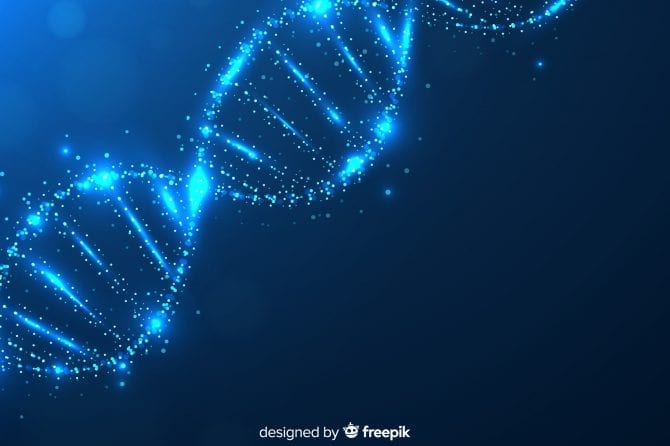
In genetic projects, we perform an analysis of selected genetic markers in phenotypically homogeneous individuals due to the high heterogeneity of the spectrum of autistic disorders.
We focus on the analysis of selected genetic markers in phenotypically homogeneous individuals due to the large heterogeneity of ASD people. The goal of such oriented autism research can bring knowledge about the participation of selected genes in the phenotypic manifestations of autism. The team of psychologists ensures the selection of endophenotypes that are associated with polymorphisms of candidate genes. These are the genes that form the enzymatic background of the steroid metabolome cascade, the genes for oxytocin and oxytocin receptor, as well as the genes for sex steroids and their receptors and binding proteins … More
Genetic polymorphisms of selected genes in individuals with autism spectrum disorders
In previous years, based on cooperation with the Autism Research Center in Cambridge, we monitored 10 selected genetic polymorphisms in candidate genes of the Slovak population of boys with ASD. We looked at the genes that are involved in influencing the effects of sex hormones and oxytocin and their receptors. Subsequently, we associated them with the behavioral characteristics of ASD. In the project, we monitored the levels of androgens and estrogens in saliva together with polymorphisms in the genes for the androgen receptor, 5-alpha reductase and estrogen receptor alpha in the Slovak population of prepubertal and pubertal children with ASD.
Schmidtova E, Kelemenova S, Celec P, Ficek A, Ostatnikova D. Polymorphisms in Genes Involved in Testosterone Metabolism in Slovak Autistic Boys. The Endocrinologist. 2010, 20: 245-249.
Kelemenova S, Schmidtova E, Ficek A, Celec P, Kubranska A, Ostatnikova D. Polymorphisms of candidate genes in Slovak autistic patients. Psychiatr Genet, 2010, 20:137-139.
Androgen receptor sensitivity and hyperactivity in individuals with autism spectrum disorders
In the study, we examined the relationship between plasma testosterone levels and androgen receptor sensitivity and hyperactivity in boys with autism. The ASD phenotype characterized by hyperactivity may have a different etiopathogenesis and requires a different behavioral and pharmacological approach.
Pivovarciova A, Durdiakova J, Babinska K, Kubranska A, Vokalova L, Minarik G, Celec P, Murin M, Ostatnikova D. Testosterone and Androgen Receptor Sensitivity in Relation to Hyperactivity Symptoms in Boys with Autism Spectrum Disorders. PLoS One. 2016, 11(2):e0149657
WES genotyping
At present, our projects are aimed at revealing possible relationships between current levels of steroid hormones and the severity of manifestations of children with ASD. We plan to use genotyping with the WES approach (whole exome sequencing) in a precisely defined homogeneous group of children with ASD using DNA libraries for all analysed samples. Each set of sequenced data will be subjected to bioinformatics analysis and detection of potentially causative genetic variants. We plan to use the ASD analysis of children and their parents to find out de novo or inherited genetic variants using the Sanger sequencing method. Data obtained from WES / Sanger sequencing will be used to determine relationships with steroid metabolic pathway changes, dermatoglyphs, and to link causal variants with specific phenotypic traits in individuals with ASD and their severity.


